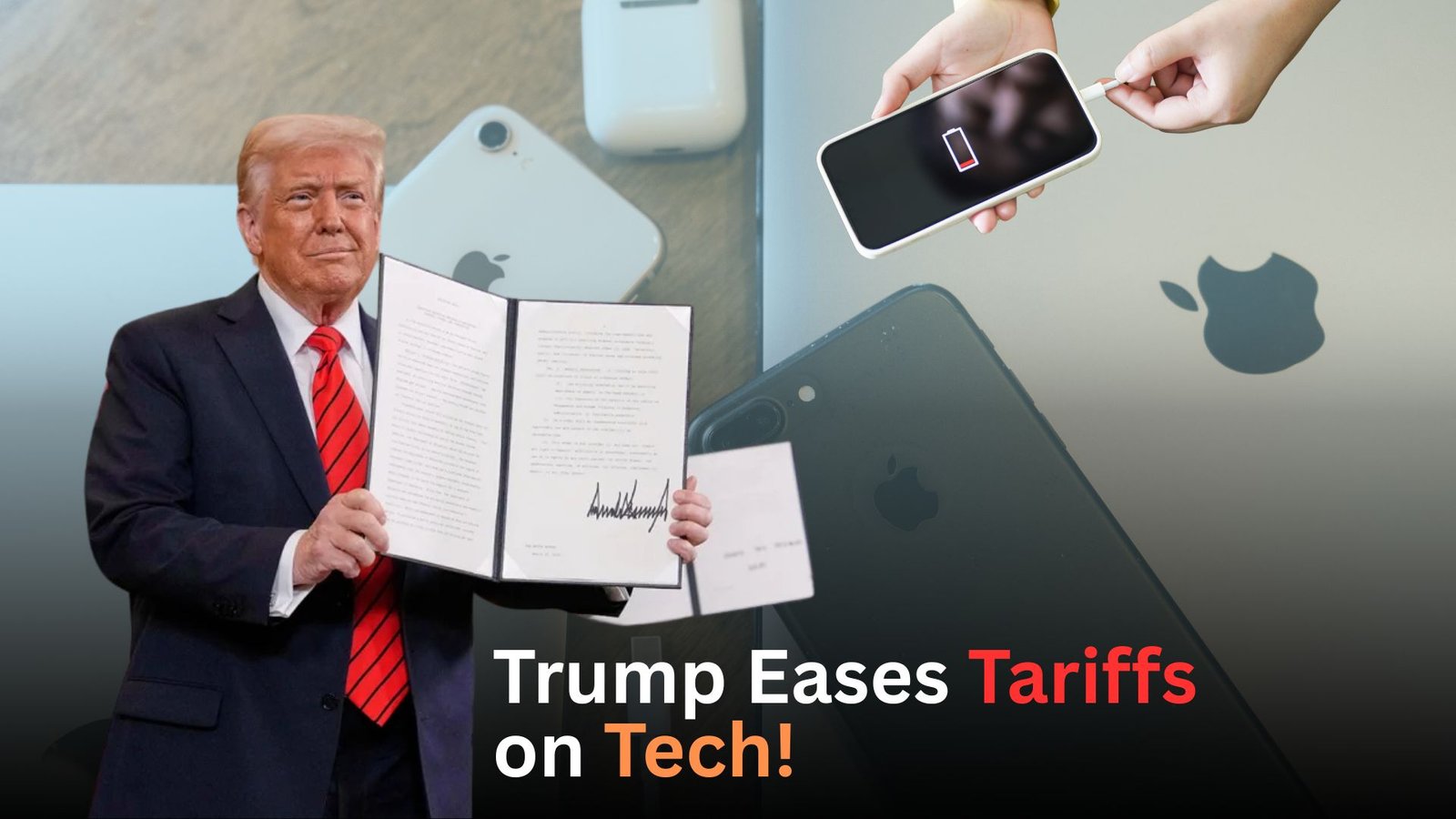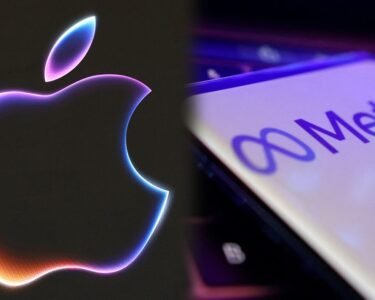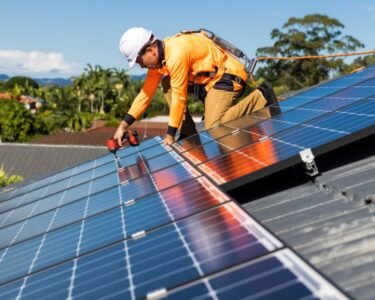In a key concession to the tech industry, the Trump administration has resisted putting in place its rather heavy “reciprocal” tariffs on smartphones and other huge consumer electronics. This move is part of an effort to calm already shaken global markets after a volatile trading week sparked by Trump’s aggressive trade actions.
Late Friday, U.S. Customs and Border Patrol decided that smartphones, laptops, routers and chip-making machinery would outflow the 125% tariffs that target Chinese imports. This exemption is a major relief to companies like Apple, Microsoft and Nvidia, which saw their stocks fall after Trump went public with his trade intent on April 2-a day referred to as “liberation day.”
Though still enforcing a 10% tariff on most trade partners, exclusion of core tech products from tariffs signals an extremely rare softening in Trump’s hard stance on China. However, according to administration sources, other sectors such as semiconductors and pharmaceuticals still face tariffs with reports of a new inquiry into chip-related imports.
For Apple, the exemption is vital since about 80% of iPhones bound for the U.S. market are produced in China, principally at Foxconn’s vast facility in Zhengzhou. Employees there report steady operations though concerns over the ongoing trade clash remain.
Also Read: Trump’s Trade War Strategy: Are His Tariff Goals Closer to Reality After a Tumultuous Week?
In the very early days following the first tariff announcements, the stock value of Apple alone lost roughly $700 billion. Earlier in the week, the president had dropped hints on how exemptions might be granted to U.S. companies based on his “instinct”-a move cringingly significant of exemptions handed out in 2018 and 2019 during trade scraps.
Experts including Chad Bown from Peterson Institute warned that current exemptions may be fleeting, depending on the course of negotiations.
In a statement, even though the exclusions were made, officials in the White House confirmed that the new provisions do not cover the separate tariffs of 20% on Chinese imports allegedly connected with the production of fentanyl.
In a statement, White House spokesperson Karoline Leavitt said that tech giants like Apple, Nvidia and TSMC are now racing to relocate manufacturing to the U.S. and in the interest of all of us, the entire Tech Initiatives was set to drive U.S. independence from China on critical technologies.
Economists warn that Trump’s massive tariff scheme could speed inflation and slow growth. New York Fed chief John Williams expressing that inflation could reach 4% due to the ongoing trade resistance.





